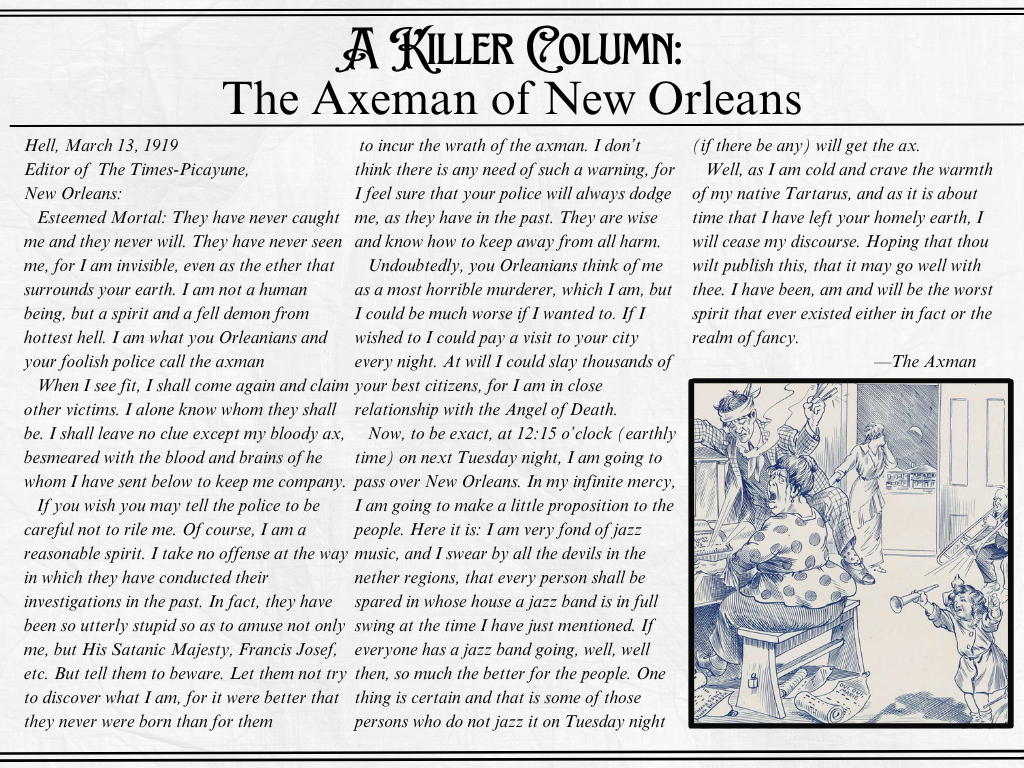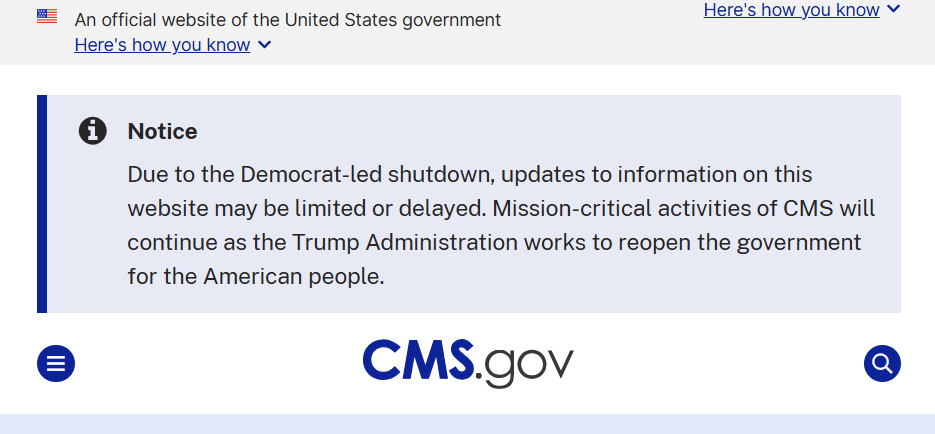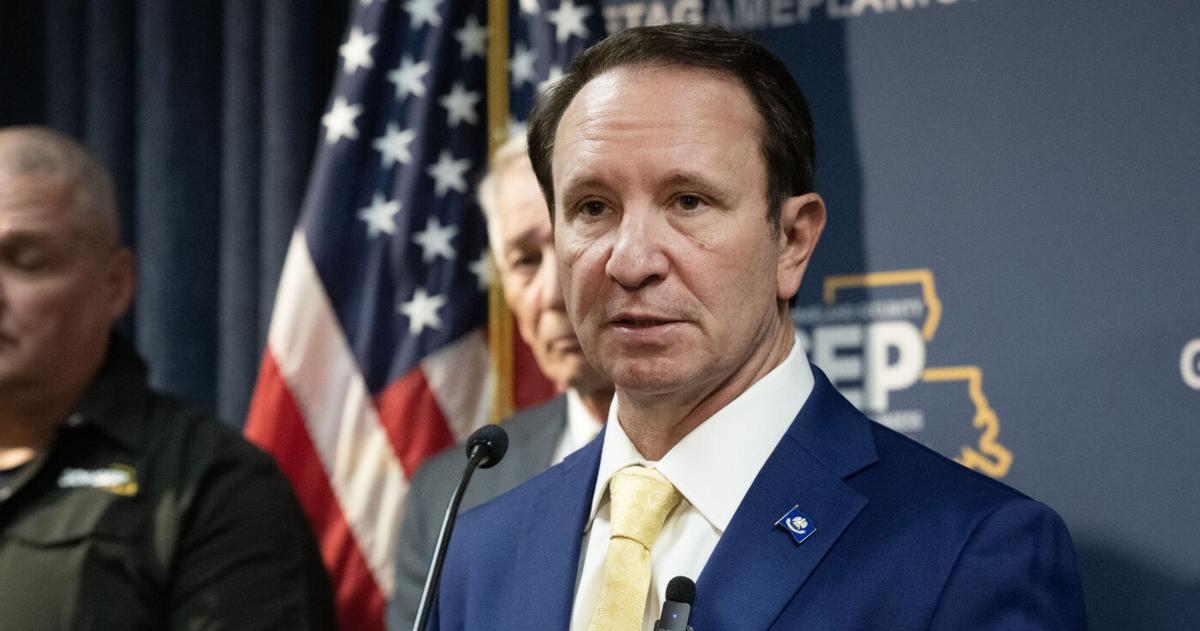Stephen Colbert, the cable TV political satirist, testified before a House Judiciary subcommittee last Friday as a witness on migrant farm labor.
When he testified, he didn’t come as the Stephen Colbert who had worked alongside Rep. Zoe Lofgren (D-San Jose), the subcommittee chairwoman, the day before picking beans as part of the United Farm Workers’ Take Our Jobs campaign.
Instead, Colbert came as his alter-ego and spoke in character as the right-wing talk show host, a character created as a send-up of other media figures like the contemptuous Bill O’Reilly.
“I certainly hope that my star power can bump this hearing all the way up to C-SPAN1,” Colbert said. But his testimony is different than when celebrities bring media attention to political issues.
The list of celebrities performing this task is quite long, including most recently Lady Gaga’s more-serious-in-black-and-white video addressing the “Don’t Ask, Don’t Tell” policy after speaking at a Maine rally to overturn the restriction.
Colbert’s appearance as a fictional character before Congress can hardly qualify as parody. He’s no longer satirizing politicians from a television set, he’s contributing to the madness already present in our government.
It’s difficult to call Colbert’s performance a mockery when we think about how much of a joke the government has already made itself. It’s a bad sign when fictional characters like Colbert’s mock-conservative TV host permeate the U.S. government.
I love Colbert and appreciate his ministry of “truthiness.” But it’s not a good idea for Congress to entertain the testimonies, however sincere and valuable, of imaginary people. On a functional level, the fictional figure is no longer addressing the madness of the political arena—the figure becomes an oblivious criticism of people who do.
It would make a mockery, not only of the system, but also of people’s general welfare to hear the testimonies of fantasy social champions like Superman or Wonder Woman (Marvel comic book heroes don’t count).
Republican critics try to make Colbert’s “stunt” out to be a desperate attempt to garner attention for the Democratic party. Excuse me? In 2002, Republicans asked Elmo from “Sesame Street” to testify on music education before the Education Appropriations Subcommittee.
If it has to be an imaginary person, let it be a Colbert who offers his colonoscopy into congressional record as proof that produce is a “necessary source of roughage.”
Elmo and Colbert-as-his-faux-personality only add to the blurring of politics and media. Unfortunately, this blurring has been going on to such an extent we have to ask what politician isn’t mocking the system with a persona less than truthful?
Near the end of Colbert’s testimony, he seemed to address the subcommittee as himself, or at least, it appeared that way.
“I like talking about people who don’t have any power, and it seems like one of the least powerful people in the United States are migrant workers who come and do our work but don’t have any rights themselves,” he said.
Regardless of his honest intentions, the line had already been crossed and the public’s perception obscured. Will the public look past Colbert’s act and his entertaining jokery? Will they pay attention to Colbert’s sincere concern for the legal status of illegal immigrants in farm work?
At this point, the answer seems to be no. The performance has blunted the purpose. Like a Joel Schumacher movie, the style has sabotaged the substance.







